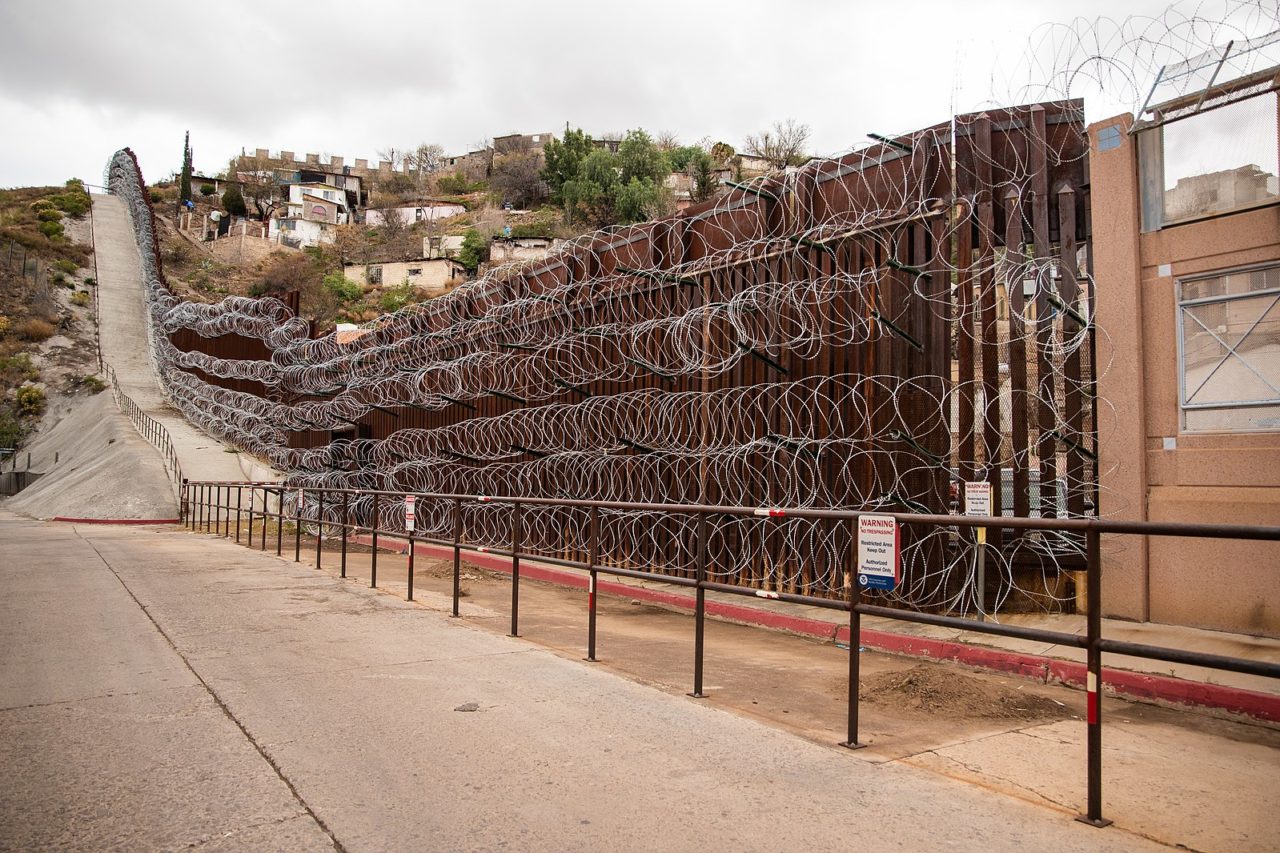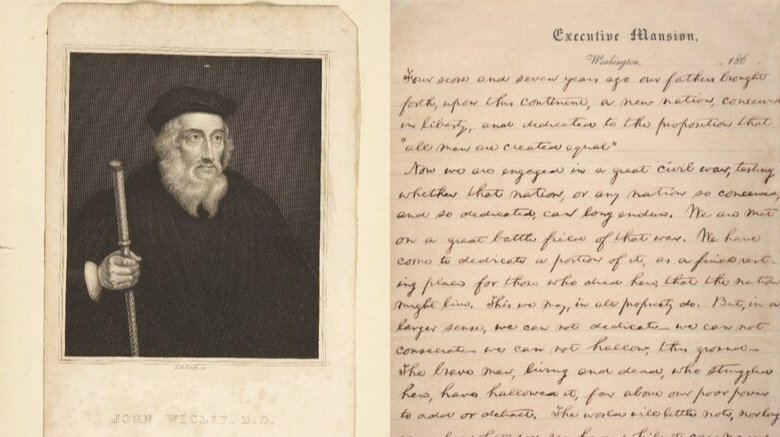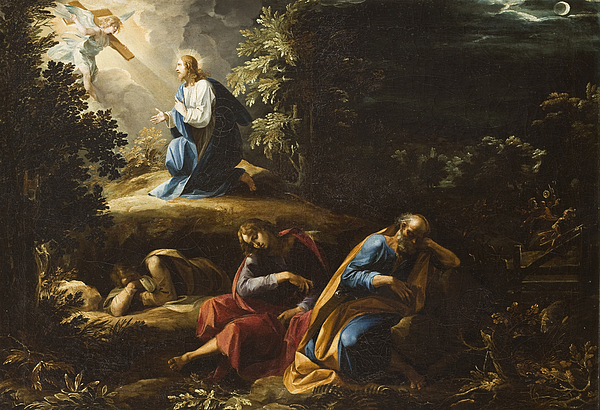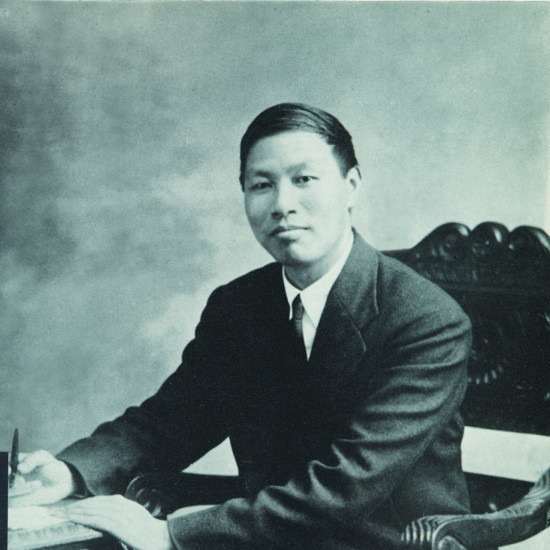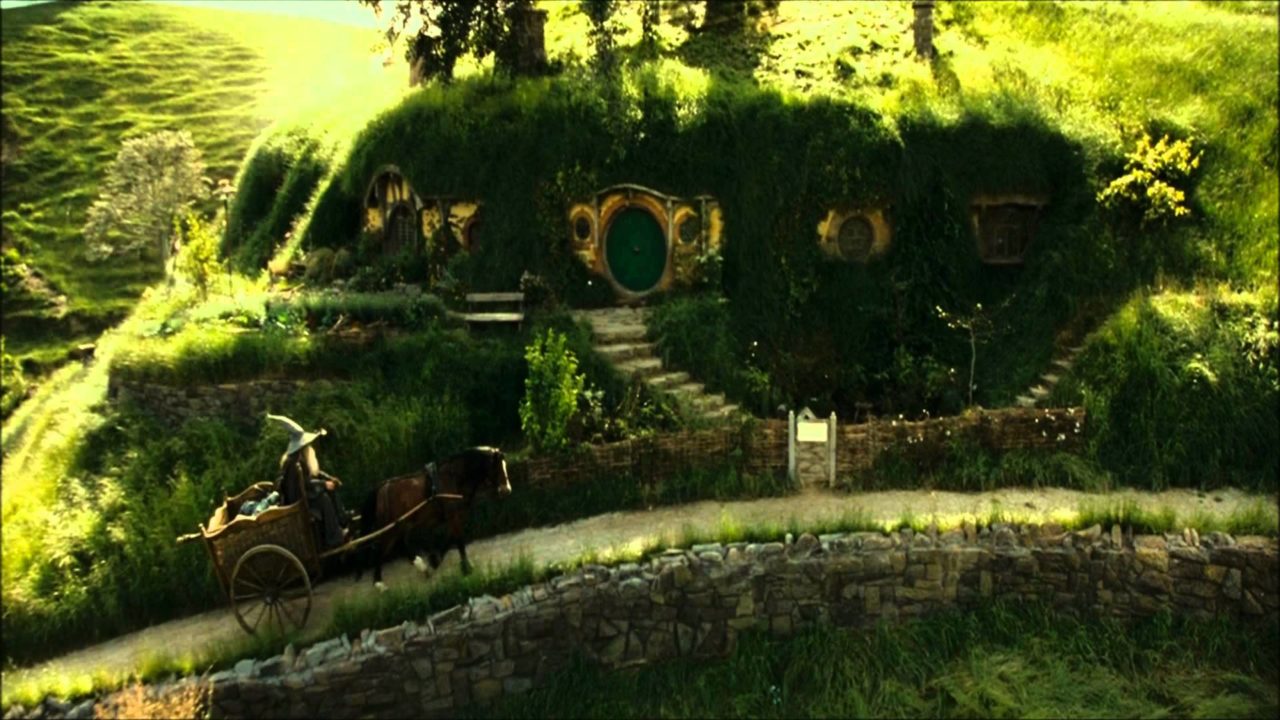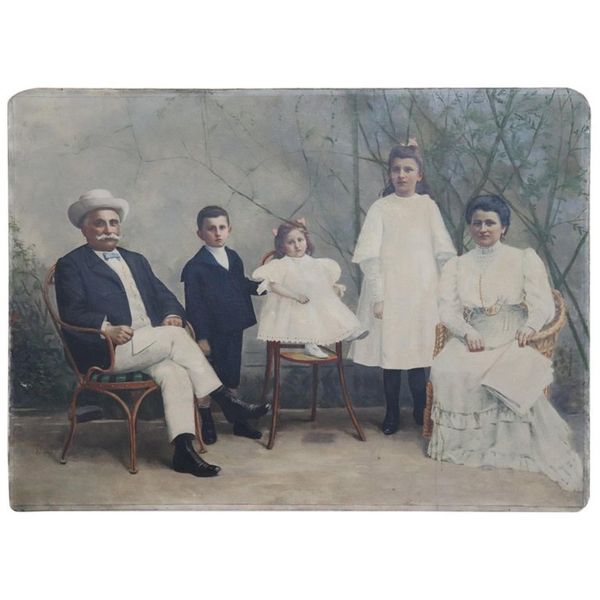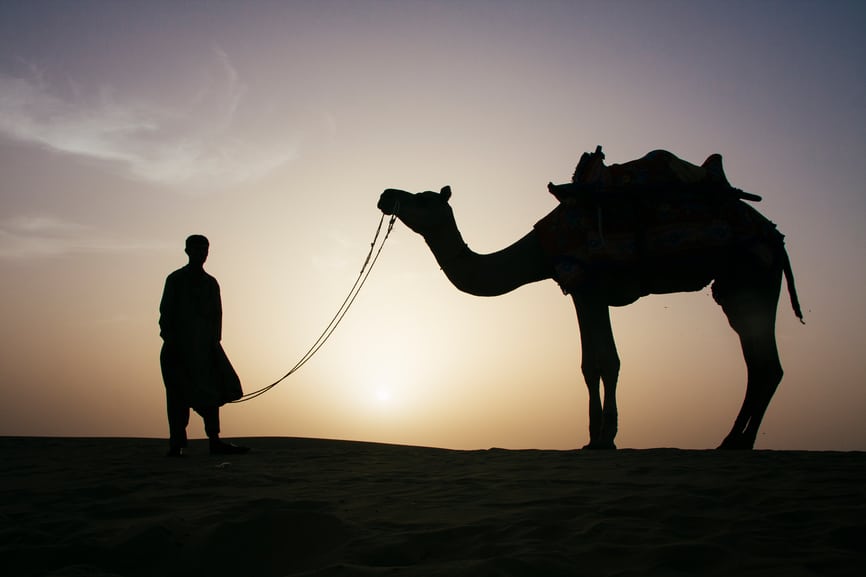Tag: Bible
-

Augustine the Evolutionist
[1] For those of you who attended the debate on creationism at the Morning Walk Convention in 2021, you may remember my violation of the debate format by bringing up a quote from Augustine. For those of you who were not there, the debate was a five-person event: two contenders for each side, a representative…
-

Christianity, the Non-Mystic
I recently had a conversation with fellow theologians, and we came across the topic of magic. It’s certainly one thing to argue for or against arcane elements in works of fiction, but I heard some propose that magic exists in the real world. This sentiment, as lunatic as it may sound to the uninitiated Protestant…
-

The Role of Natives and Migrants
Migration is a fairly tricky subject, and arguably uniquely so in our day and age. There have certainly been migration patterns, even involving thousands of people, but economic migration and border-length border control have rarely been so prevalent. With both sides of the aisle slapping the Christian faith on their political perspective, or, rather, slapping…
-

“Of the People…” Not Found in the General Prologue to the Wycliffite Bible
This is a short one, but I thought I’d chime in on something. While browsing around for some information about the General Prologue to the Wycliffite Bible, I stumbled upon this blog post from the Volokh Conspiracy. Basically, there’s a myth going around that the General Prologue to the Wycliffite Bible contains the sentence, “The…
-

Sorrowful Even unto Death
When listening to Biblical passages from any given Sunday Gospel, the basic theme of doing good deeds and avoiding evil ones can more or less be understood on a rudimentary level. But every now and then, I personally come across a line from Scripture that forces me to scratch my head. Case in point, I…
-

Eye of the Needle
Imagine a drowning man. Head barely above the water, arms flailing, his efforts to reach the shore growing feebler by the minute. You watch, helpless, unable to swim yourself, and discover to your great surprise that one of your friends is standing beside you. An experienced swimmer, he watches calmly as the man begins to…
-

Simple Beauty, Simple Truth: A Hobbit’s View on Profit Motive
“I have found a place where some Shire folk of Middle-Earth must have emigrated. Surely some hobbit blood runs through these people’s veins.” Such were the thoughts in my head as I entered the Airbnb while vacationing in the region of my maternal ancestors. Zakopane, Poland is a tourist town nestled in the rolling foothills…
-

Salvation for the Wealthy
We often make out the rich as the typical villains of not just the modern world but also the Christian precursor world, as noted in many Christian interpretations. The primary verse most Christians cite when discussing the rich is Matthew 19:24 (or its reiterations in Mark and Luke): “’And again I say to you, it…
-

Love Recklessly
Though I speak with the tongues of men and of angels, and have not charity, I am become as sounding brass, or a tinkling cymbal. And though I have the gift of prophecy, and understand all mysteries, and all knowledge; and though I have all faith, so that I could remove mountains, and have not…
-

Tie Your Camel: Have Faith and Do Work
This article is written by guest author Petrit Kola, who presents a Muslim point of view on the question of faith and works. In Islam, there is a story where one of the companions of the Prophet Muhammad (Peace be upon him), Anas Ibn Malik, asked the Prophet, “O Messenger of Allah (God), should I…



